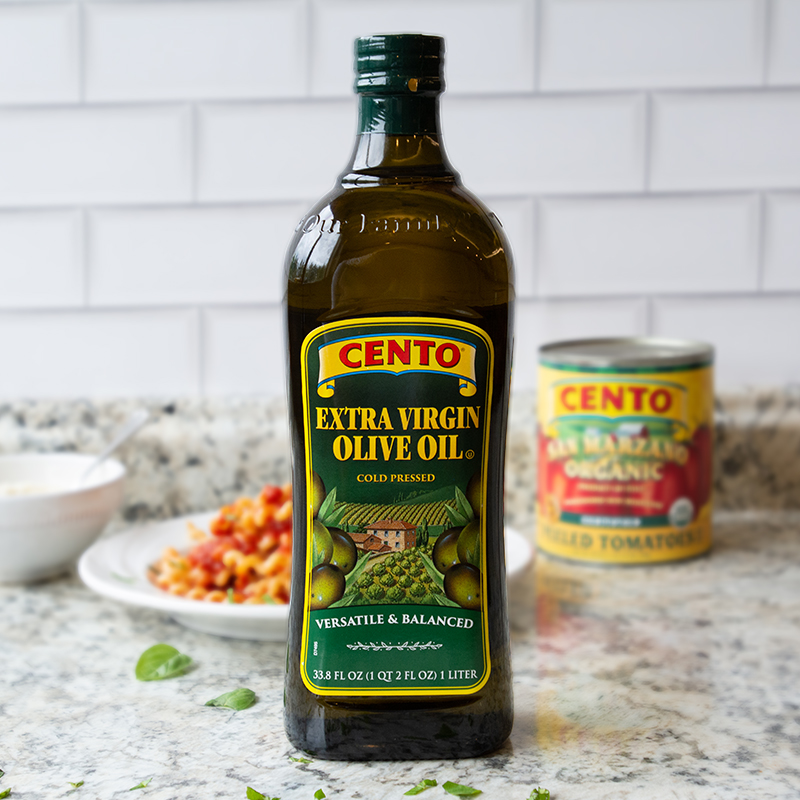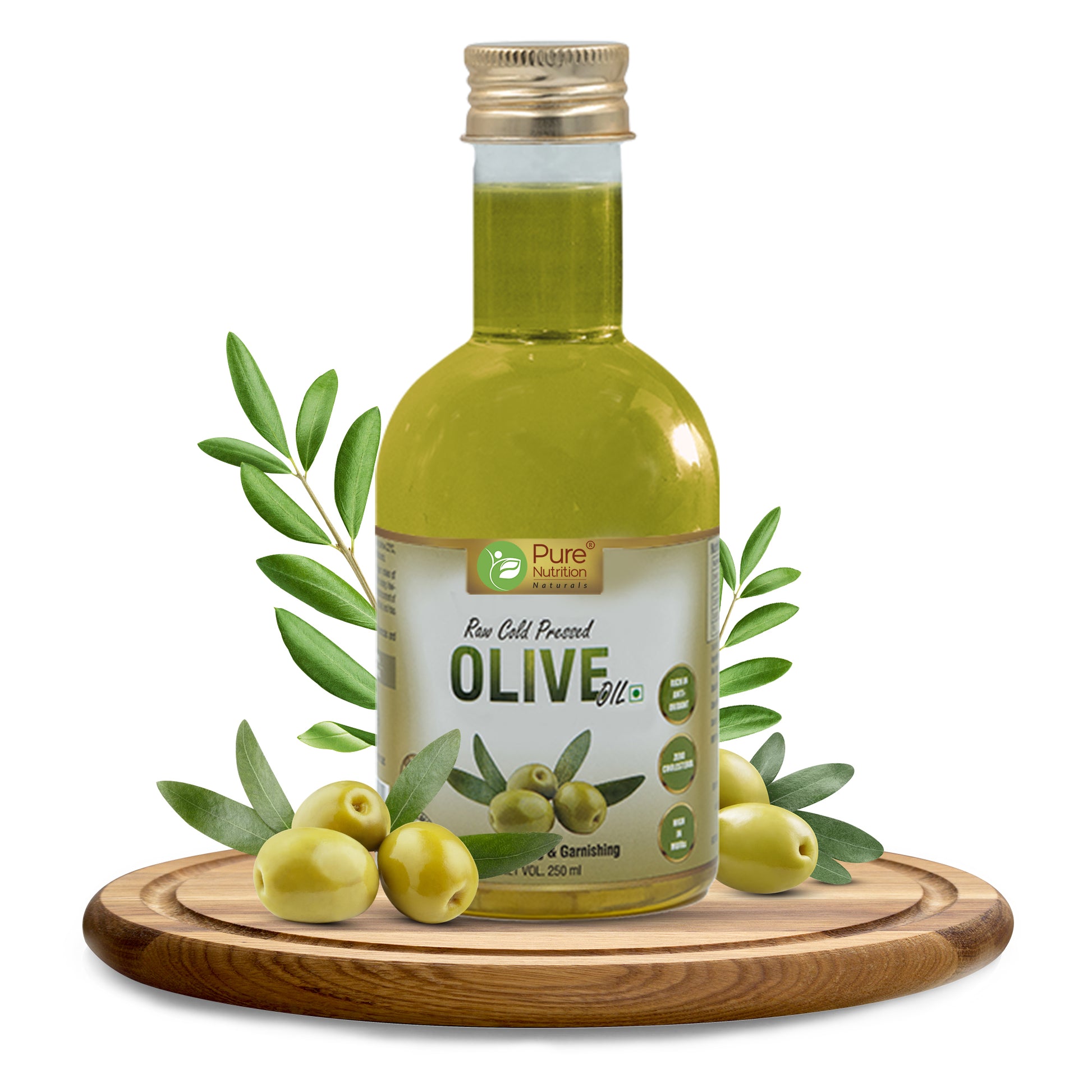Extra Virgin Olive Oil Benefits: How It Helps to Regulate Blood Sugar
Extra Virgin Olive Oil Benefits: How It Helps to Regulate Blood Sugar
Blog Article
Discovering the Various Sorts Of Olive Oil and Their Uses, Including Additional Virgin Olive Oil
The exploration of olive oil includes a diverse variety of types, each offering cooking applications and unique flavors. Bonus virgin olive oil, renowned for its premium quality and health advantages, works as a staple in several cooking areas, yet it is just one element of this multifaceted active ingredient. extra virgin olive oil benefits. Other ranges, such as pure and refined olive oils, likewise call for focus for their one-of-a-kind homes and uses. Recognizing these differences can significantly impact both cooking techniques and taste profiles. What, then, should one consider when picking the right olive oil for a specific cooking endeavor?
What Is Olive Oil?
Derived from the fruit of the olive tree, olive oil is a staple in Mediterranean cuisine and a crucial active ingredient in various cooking applications. This flexible oil is created by pushing whole olives, causing a fluid that varies in scent, shade, and taste relying on the sort of olives used, the region of cultivation, and the removal procedure. Olive oil is predominantly composed of monounsaturated fats, particularly oleic acid, which is understood for its potential wellness advantages, including anti-inflammatory residential properties and cardiovascular assistance.
Along with its culinary usages, olive oil has a lengthy history of application in standard medication and skin care, owing to its rich antioxidant material (extra virgin olive oil benefits). The oil is usually utilized in dressings, sauces, and for cooking methods such as sautéing and roasting. Its distinctive flavor profile can boost the taste of different meals, making it an important component for both home cooks and specialist cooks
Additionally, olive oil is celebrated for its role in the Mediterranean diet, which is related to many health and wellness benefits. As awareness of these advantages grows, olive oil continues to get popularity worldwide as a basic part of a healthy and balanced way of living.
Types of Olive Oil
Understanding the numerous kinds of olive oil is essential for both cooking enthusiasts and health-conscious consumers. Olive oil is categorized mostly based upon its extraction method and top quality, which substantially affects its health and wellness, scent, and taste advantages.

Light olive oil, despite its name, describes a lighter taste and not lower calories. It is optimal for those seeking a more subtle taste in dressings and marinates. Furthermore, there are flavored olive oils instilled with herbs, seasonings, or citrus, which can boost meals without the need for extra flavoring.
Each sort of olive oil serves specific cooking purposes, and comprehending these differences enables customers to make informed selections that straighten with their food preparation styles and health goals.
Extra Virgin Olive Oil
Additional virgin olive oil (EVOO) is extensively concerned as the best quality olive oil available, renowned for its abundant flavor and many wellness advantages. To be identified as additional virgin, the oil needs to be generated from fresh olives using mechanical processes, without using solvents or extreme heat. This careful technique maintains the oil's natural tastes, antioxidants, and healthy fats, leading to a product with a low level of acidity degree of much less than 0.8%.
EVOO is bountiful in monounsaturated fats, specifically oleic acid, which is linked to lowered inflammation and boosted heart health. It additionally includes polyphenols, powerful anti-oxidants that might offer safety impacts versus chronic conditions. The taste profile of EVOO can vary dramatically depending on the olive selection and area of manufacturing, varying from verdant and fruity to robust and sharp.

Culinary Uses of Olive Oil

In cooking, olive oil can be used for sautéing, roasting, and cooking, providing a much healthier choice to butter or other fats. Its high smoke point makes it suitable for numerous cooking approaches, while its antioxidants add to a heart-healthy diet. Showering olive oil over finished dishes, such as pasta, fish, or barbequed veggies, can raise tastes and add a touch of sophistication.
Moreover, olive oil plays a substantial function in cooking, where it can replace typical fats in recipes for bread and pastries, presenting moisture and a subtle preference. It also acts as a base for infused oils, permitting chefs to try out flavors such as garlic, herbs, or chili, even more increasing its cooking potential. On the whole, olive oil's convenience makes it indispensable in both home and specialist kitchen areas.
Deciding On Top Quality Olive Oil
When choosing high quality olive oil, it's important to take into consideration numerous crucial variables that affect the item's health and wellness, scent, and flavor advantages. Choose for additional virgin olive oil (EVOO), which is derived from the first chilly pushing of olives and consists of the highest possible levels of antioxidants and helpful compounds. Seek oils that are licensed by acknowledged companies, as this typically makes certain adherence to stringent top quality standards.
The packaging likewise plays a substantial function in protecting the oil's honesty. Choose oils stored in dark glass containers or tins to shield versus light deterioration. Focus on the harvest day; fresher oils supply remarkable taste and dietary worth, so select products that are within 18 months of this article their harvest.
Additionally, think about the origin of the oil. High-quality olive oils commonly originate from specific regions known for their unique taste profiles, such as Italian, Spanish, or Greek oils. Lastly, know the taste; an excellent high quality olive oil must have a balance of fruity, bitter, and sharp notes, suggesting its splendor and intricacy. By assessing these factors, you can ensure you are picking the most effective olive oil for your culinary requirements.
Verdict
In recap, the exploration of visit homepage various kinds of olive oil reveals distinct qualities and applications, with extra virgin olive oil standing for the peak of high quality because of its reduced acidity and high antioxidant web content. Its convenience in cooking uses boosts flavors in dressings, marinades, and sprinkles. Comprehending the various selections of olive oil allows for notified options in food preparation techniques, advertising much healthier practices while improving the overall gastronomic experience. Quality selection continues to be important for optimal benefits.
Derived from the fruit of the olive tree, olive oil is a staple in Mediterranean food and an essential ingredient in various culinary applications.The most common kinds of olive oil consist of refined olive oil, pure olive oil, and light olive oil.Additional virgin olive oil (EVOO) is widely pertained to as the highest possible quality olive oil readily available, celebrated for its abundant flavor and numerous health and wellness advantages. Choose for additional virgin olive oil (EVOO), which is acquired from the first cold pushing of olives and consists of the highest degrees of anti-oxidants and advantageous compounds.In recap, the exploration of numerous types of olive oil exposes unique features and applications, with added virgin olive oil standing for the pinnacle of top quality due to its reduced level of acidity and high antioxidant web content.
Report this page